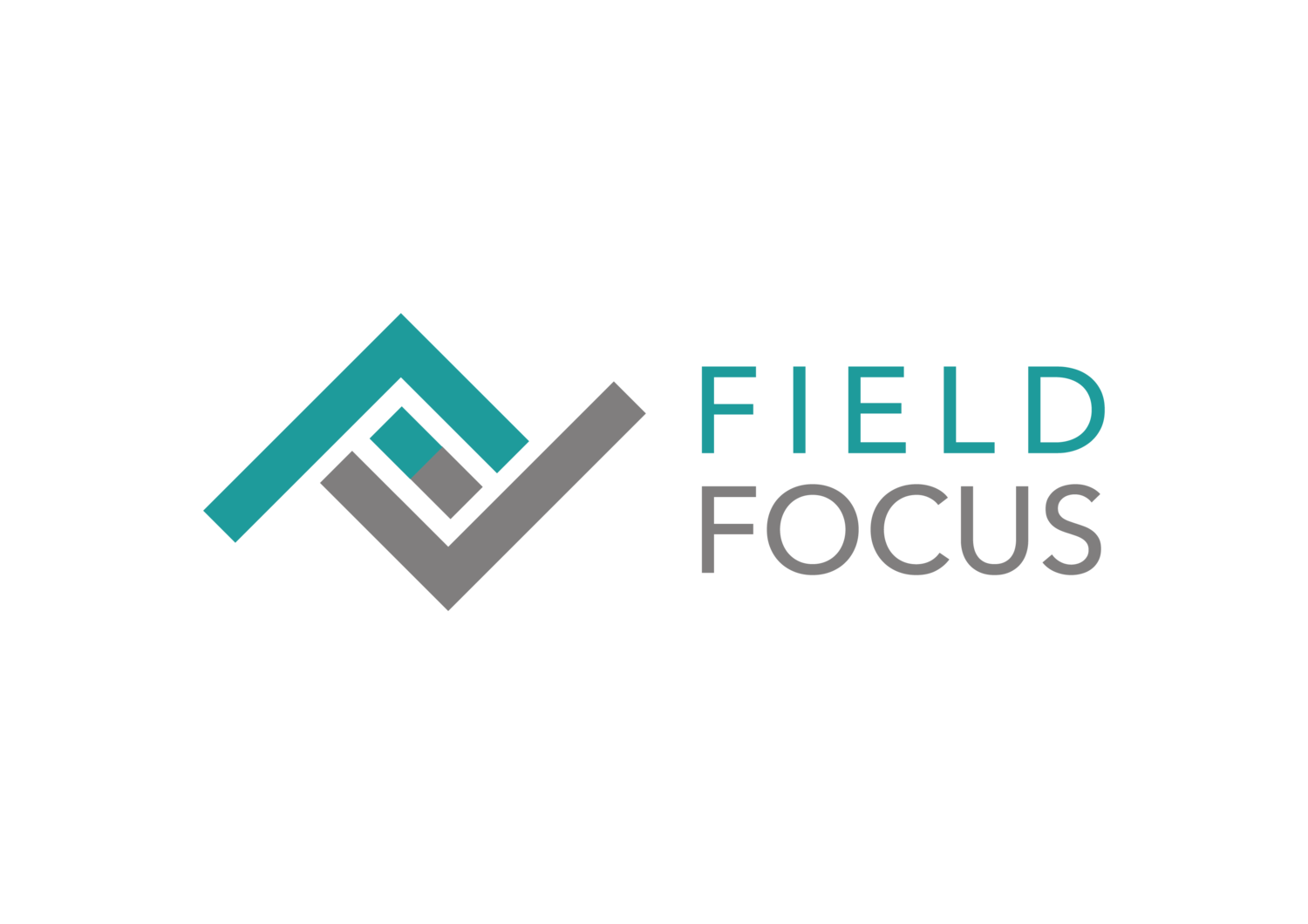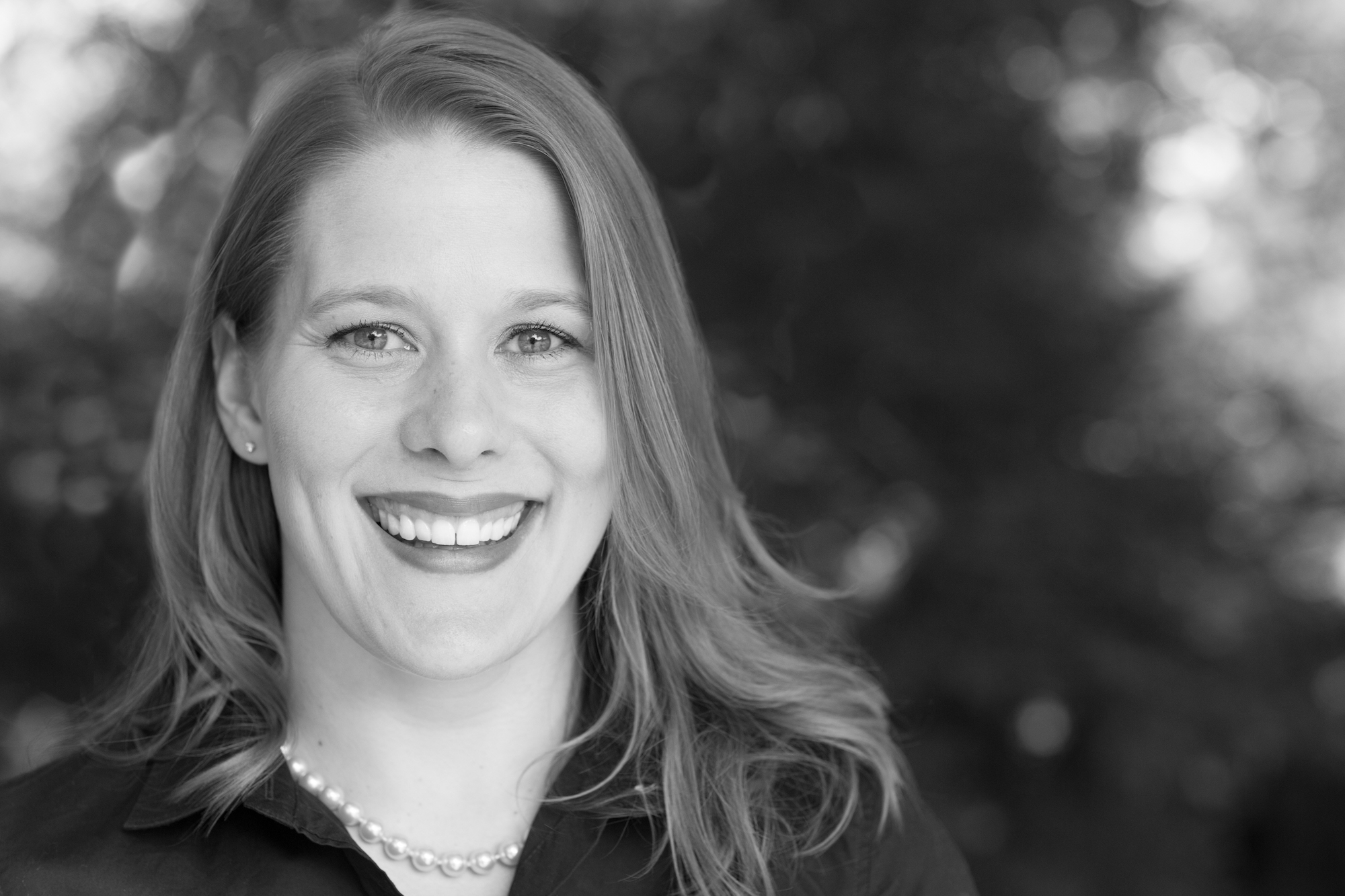Our new partner, Jaimy Lewis
/Jaimy proved herself to be our go-to cost analysis expert early on. Last year, she used her litigation experience to successfully navigate a protest for one of our USAID clients. Now, we are so pleased to welcome Jaimy as a partner at Field Focus. To mark the occasion, we started a blog! In this post, Jaimy tells us a bit more about herself, what inspires her, and her tips for working from home.
How has practicing law helped you understand the world of USAID consulting?
So much of what we do borrows from the skills that I developed in the practice of law! My background in litigation and estate planning is immeasurably helpful when assisting clients with research, when drafting memoranda (understanding, applying, and taking a position based on laws, regulations, and case law), and when counseling clients through negotiations and complex issues throughout the award process – from pre-award research, through implementation, and even protest. Fortunately for me, my work with USAID resembles all of my favorite aspects of my previous legal practice – research, drafting, analysis, and working with interesting clients. An estate planning partner at a firm that I once worked for told me that the practice of law is binary: there is good time law, where the outcome is favorable to all parties (real estate transactions, for example), and there is bad time law, where someone must lose. I’ve had a good share of experience on both sides. To the extent that I can draw a parallel to my current work, outside of legal practice, I love that working with USAID clients who are doing good and hard work for our global neighbors is “good time law.”
Do you have a favorite USAID project you've come across in your work?
There’s always something about your first of anything, isn’t there? My first introduction to USAID was working on the planning phase of a renewable energy project in India. It informed my understanding of the breadth of assistance that USAID provides to our global community, and the project goals were pretty awe-inspiring.
I also have a soft spot for Maternal, Newborn and Child Health programs – a cause that is dear to my heart at home and around the world.
Where in the world would you like to travel next?
I love travel and find it difficult to narrow this down! I caught the travel bug as an adult, so the list of places that I have never been to and would like to visit is long. Obviously, I have particular interest in traveling, as the opportunity arises, to visit clients, put faces to names, and match scenery with the programs that we assist in bringing to fruition.
Do you enjoy working from home? How did you adjust to your new work arrangement?
I do enjoy working from home. It provides maximum flexibility to me, and to our clients. I can work around family obligations (sick child, visiting family) without a black-and-white sick/vacation policy where not being able to be “at the office” means that I can’t contribute. Being in the U.S., with clients (and co-workers) around the world, it is a benefit that when I have to address an issue during their business hours, I have the resources at hand to move seamlessly from putting my child to bed to working in my office. Adjustment was a matter of creating a dedicated space for work in my home. Whether I am working in a quiet house during the day, or squeezing in time sensitive work when my family is home, it was important to create a productive, organized workspace.
Do you have any tips for others who work from home?
Create a workspace that inspires productivity. This is a tough one, with our organization spread across the globe, but it’s important to remember that working from home does not mean that your work life should take over and bleed into your home life in a way that de-prioritizes a healthy balance. Creating your workspace is as much about creating a boundary to keep work in its proper place, as it is about keeping distractions out.


